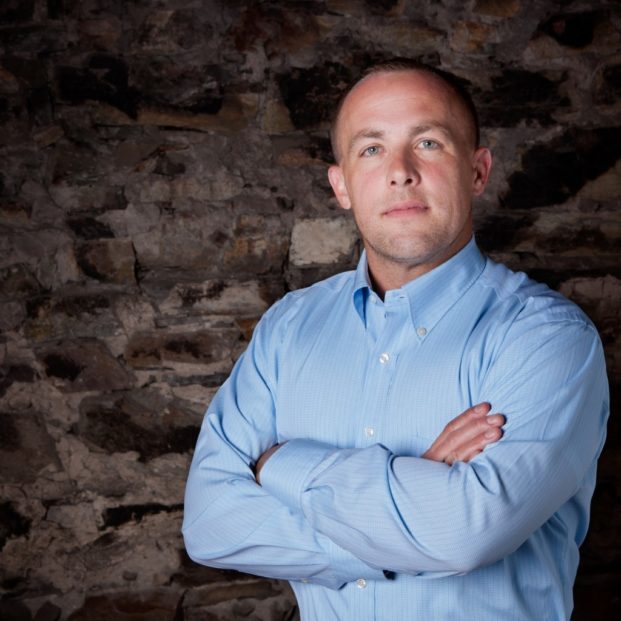The one year anniversary of the repeal of “Don’t Ask, Don’t Tell” (DADT) did not go unnoticed by LGBTQ veterans in Montana, and it comes on the heels of the release of a new memoir by Missoula author Paul Tripp, “Choking on Silence” that details his nine-year battle with military investigators seeking to “out” him. “Pride Foundation asked me to write a check to support a Scholarship or Intern, and I wrote a book instead,” Paul proudly states. You can read his heart-wrenching, but amazing story by purchasing his book here.
Ashley Barber, 26, served in the Army Reserves for six years under DADT. Today, he’s the volunteer organizer for Forward Montana, a Pride Foundation grant recipient the past two years.
“I remember hoping for the day it was repealed and thinking of what I would do and how I would tell my unit,” Ashley explained. “I’m so excited for my brothers and sisters who can now serve openly without repercussion, but it makes me kind of sad that I never got that closure.”
Ashley said his experience in the military helped motivate him to work for equality through Forward Montana. “You don’t always realize how under-represented you are,” he said. “It was tough to be in an institution that always questioned my life, where they would ask me, ‘Why don’t we see you with your girlfriend or a wife at Army events?’ I remember thinking once I got out, I would strive to be a voice for people who didn’t have a voice.”
Lara Dorman of Missoula is a retired officer with the Montana Army National Guard. She retired 2 1/2 years ago, before the law was repealed. She said she was quite moved by the anniversary and had hoped to attend the Servicemembers Legal Defense Network’s commemorative event in New York.
“‘Don’t Ask, Don’t Tell’ was the number one reason I left the service,” Lara said, recalling “witch hunts” while serving in Military Intelligence during a tour in Germany. “If you didn’t have a boyfriend, they labeled you as gay regardless if you were or not. My commander was constantly trying to prove I was a lesbian and would initiate these horrible investigations seeking to prove that. When I heard an investigation was starting, I would stop hanging with my friends and I’d try to find some guys to hang with until it was over. It was an awful way to live.”
“Once I had children I knew I couldn’t lie anymore. I didn’t want my kids to have to see me discredit my family,” she said.
After having children she knew it would be more difficult to hide her sexuality. She recalled travleing to National Guard Headquarters in Helena with her childrens’ birth certificates, devoid of her partner Deb Poteet’s name, to get them listed as dependents. “I was actually asked why no father was listed as a parent! I snapped back that it was none of their business,” she said.
“Lying about who I am for 22 years really took its toll on me. Even after I retired I feared I could lose all my benefits if anyone found out I had lied while I was serving.”
Even after the law was repealed, Lara worried she’d lose her retirement benefits if they learned she’d lied while serving.
The climate of fear and homophobia created by “Don’t Ask, Don’t Tell” is the subject of a new memoir by Missoula author, Paul Tripp, a Navy veteran who went through reparative therapy in an attempt to “cure” him of his homosexuality. LGBTQ veterans and other members of the community won’t want to miss his reading and book signing on Sunday, October 14, from 2:30 to 4:00 PM at Fact & Fiction in downtown Missoula. The book can also be purchased online via Amazon. A portion of book sales benefit Pride Foundation.
